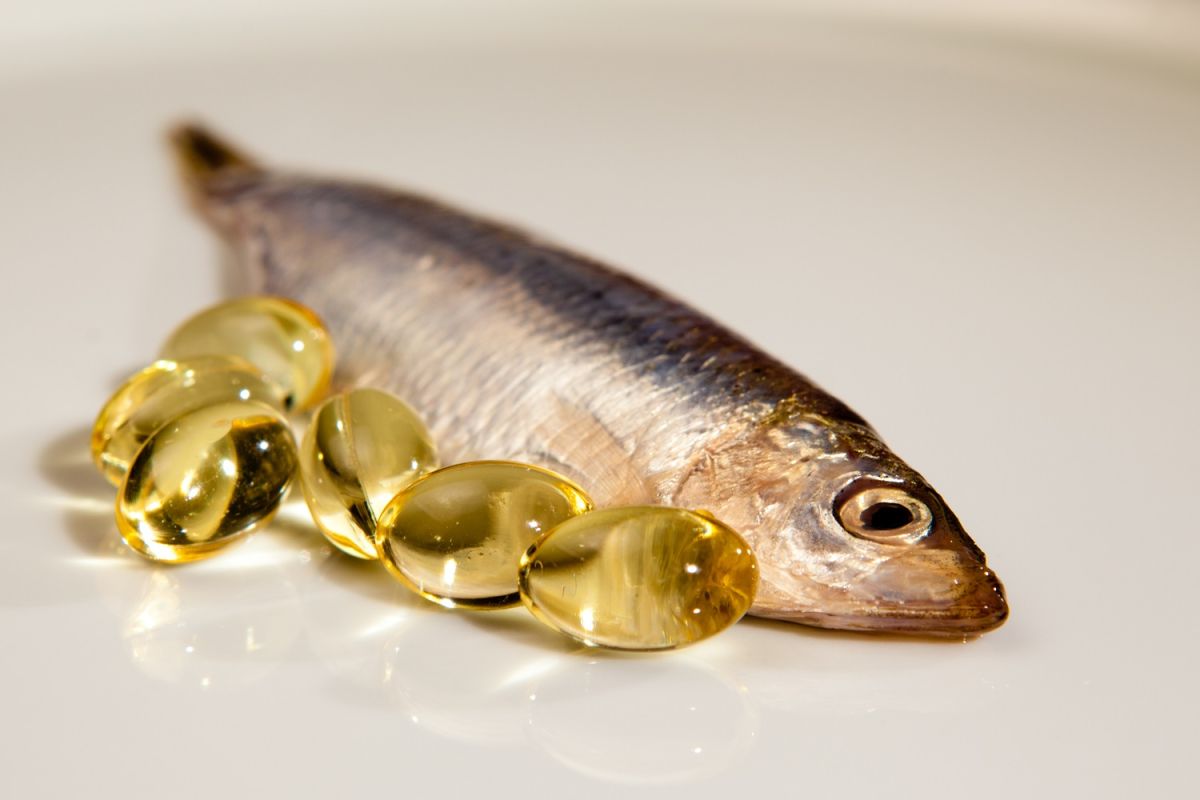Omega-3 fats are essential fats that the body must obtain from food. Its consumption has been associated with a beneficial effect on heart health. Recent research published in the Journal of the American Heart Association (JAHA) reveals the optimal dose of omega-3 to lower blood pressure.
According to the Harvard Nutrition Source, fats Omega-3s appear to help the heart beat at a steady rate and not drift into a dangerous or potentially fatal erratic rhythm. They also lower blood pressure and heart rate, improve blood vessel function, and, in higher doses, lower triglycerides and may relieve inflammation.
The National Institutes of Health note that Omega-3 fatty acids are found in foods such as fish and flaxseed, and in dietary supplements such as fish oil.
Research just published in the JAHA review of dozens of controlled studies suggests that about 3 grams a day may be associated with additional benefits in reduction in blood pressure among groups at high risk of cardiovascular diseases.
Researchers at the University of Macao in Guangdong, China, found that adults who consumed between 2 and 3 grams of fatty acids daily omega-3 fatty acids DHA and EPA combined, in food, supplement, or both, lowered blood pressure systolic and diastolic by an average of 2 mm Hg.
There are three main omega-3: eicosapentaenoic acid (EPA), docosahexaenoic acid (DHA) and alpha-linolenic acid (ALA).
APA and DHA fatty acids come mainly from fish, which is why they are sometimes called marine omega-3. While ALA comes from some vegetable oils, seeds, and nuts; this fatty acid may also be beneficial for the heart.
Fatty fish such as anchovies, herring, mackerel, black cod, salmon, sardines, bluefin tuna, white fish, striped bass, and cobia are high in omega-3 fatty acids.
Harvard shares in 6 ounces of farmed salmon there is 4.5 grams of omega-3.
The American Heart Association recommends eating at least 2 servings of fish (particularly fatty fish) per week. One serving equals 3 ounces cooked, or about ¾ cup of shredded fish.
You may be interested in:
–Combining vitamin D, omega-3 and exercise can reduce cancer risk by 61%
–Chia seeds are the richest plant source of omega-3 fatty acids
–Eat two servings of avocado per week could reduce between 16% and 22% the risk of a heart attack
